- BlackVoter.Org
- Posts
- BLACKVOTER.ORG #139
BLACKVOTER.ORG #139
Sure! Please provide the article or its main points, and I’ll create an engaging summary for you.

In his compelling piece, Keith Boykin emphasizes the importance of active voting engagement within the African-American community, especially as election season heats up. He counters the prevalent myths propagated by celebrities and misinformed voices claiming that one vote doesn't matter.
Instead, Boykin advocates for informed participation through his top 10 strategies for Black voters, encouraging critical thinking, verifying information, and promoting local involvement. He stresses the need to support marginalized communities through targeted actions like volunteering, donating to candidates, and even running for office oneself.
Boykin’s message is clear: Cynicism is not a strategy, and the future of political power lies in proactive, informed, and united voting. With the November elections looming, he inspires the community to reclaim their voice and shape the political landscape for generations to come.

Cal State Fullerton is ramping up its voter registration efforts, actively participating in California's Ballot Bowl competition this year. After winning the 2020 contest by registering an impressive 2,716 voters, the university aims to engage its student body once again.
Political science professor Scott Spitzer emphasizes the significance of civic engagement and aims to inspire students to embrace their voting rights, echoing the historical struggle for suffrage. With eye-catching flyers and innovative QR codes for easy registration, enthusiasm is palpable on campus, especially as students gear up for the upcoming presidential election.
The Associated Students Inc. is even hosting a lively Titan Turnout event featuring food trucks and a review of ballot propositions.
CSUF will also serve as a vote center, showing its commitment to fostering a vibrant democratic spirit among the next generation.

In a concerning analysis of Donald Trump’s impact on the upcoming US election, it’s revealed that the former president and his loyalists are using a coordinated effort to undermine democracy. Through voter suppression tactics, manipulation of polling processes, and a potentially biased Supreme Court, Trump is poised to challenge the integrity of the electoral system.
This strategy aims to disenfranchise marginalized voters and will likely rely on Republican control over state laws to secure a victory. Alarmingly, if Trump loses, he might incite further unrest reminiscent of past insurrections.
The article emphasizes the perilous state of American democracy, urging support for Kamala Harris, whose success is deemed crucial to preserving democratic values. As election day approaches, the stakes are higher than ever, highlighting a pivotal moment in the nation's political landscape.
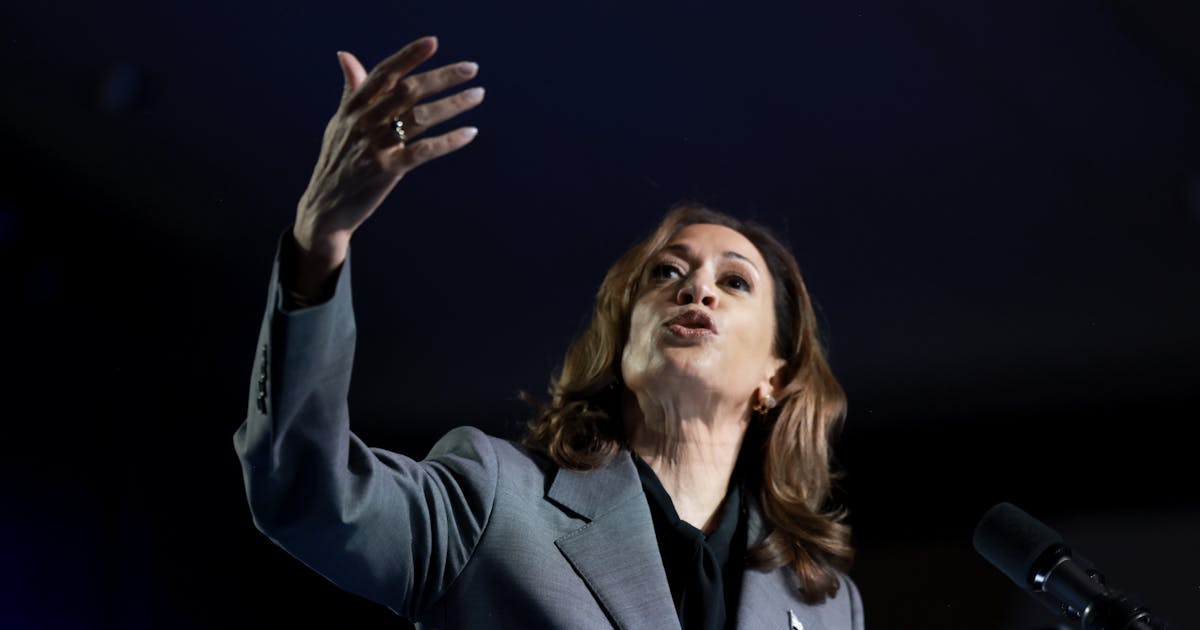
As the 2024 election looms, an unexpected contender might be non-voters! Recent polls reveal that Donald Trump resonates more with those who skipped voting in 2020 than with active voters. While Kamala Harris may narrowly lead in polls among registered voters, non-voters favor Trump significantly.
With turnout anticipated to rise, Trump’s campaign is courting "low-propensity" voters—an increasingly critical demographic. Surprisingly, these non-voters aren't overly concerned with traditional Republican issues like taxes; instead, they prioritize the economy, cost of living, and even support for labor unions.
With over half of these voters expressing heightened enthusiasm for the upcoming election, Democrats can't afford to overlook them. Harris should proactively engage this group, capitalizing on their dissatisfaction with Trump and embracing their priorities to sway them towards her candidacy.
As this tight race unfolds, the battle for the hearts of non-voters could very well determine the election's outcome.
In a compelling call to action, Dr. J.
Lawrence Turner urges Black Memphians not to succumb to voter apathy or systemic barriers on the road to the November elections. He emphasizes that, while the presidential race garners much attention, local elections significantly influence daily life—particularly regarding pressing issues like gun violence.
Despite state officials' attempts to suppress Memphis City Council’s referendum on gun control, Memphians rallied together, resulting in these vital measures being placed on the ballot. Turner highlights the critical role of voter participation, especially in Tennessee, where voter turnout is alarmingly low and disenfranchisement disproportionately affects Black residents.
He encourages individuals to register, create voting plans, and stay informed about local issues—asserting that voting isn’t just a civic duty; it’s a fundamental right. As the deadline for registration approaches on October 7, Turner passionately reminds everyone that “Voting is My Black Job.
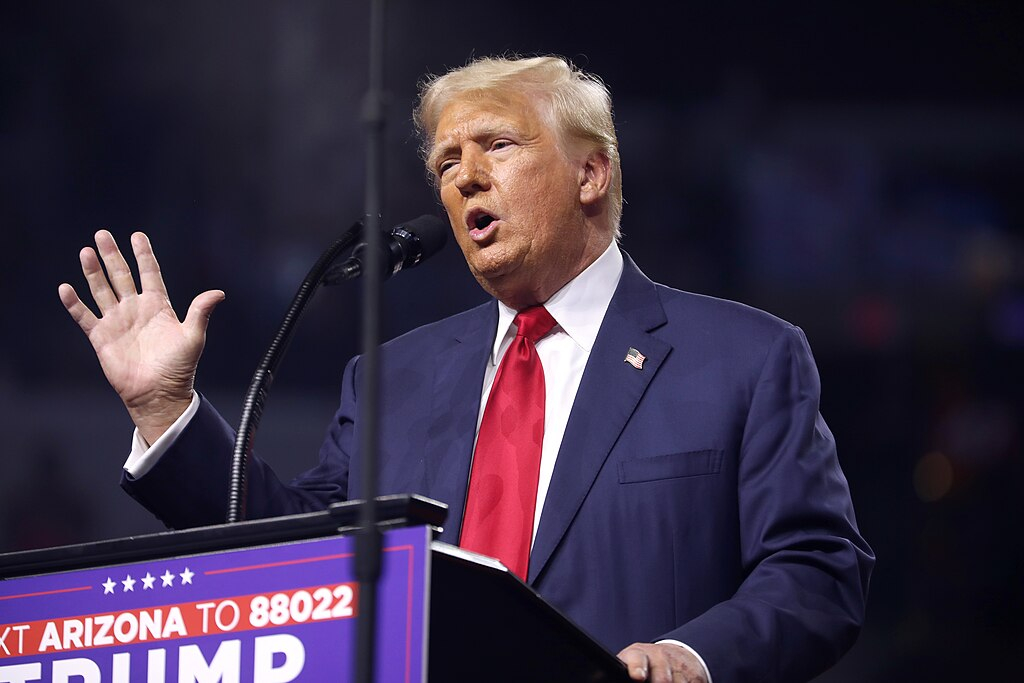
In a striking turn of events for the 2024 presidential race, Donald Trump is reportedly on track for a potential landslide victory, boasting significant leads in critical battleground states such as Pennsylvania, Michigan, and Arizona. Recent polling from reputable firms suggests a solid advantage for the former president, particularly among working-class voters and independents, with rising approval ratings among Hispanic and African American communities.
Analysts speculate that if this momentum persists, Trump could reclaim the White House with a decisive margin. Despite this, some Democratic opponents caution against reading too much into early polling, warning that voter sentiment can shift dramatically as Election Day approaches.
As Trump gears up for rallies in pivotal states, the intensity of his campaign could amplify these trends, placing him in a commanding position as the election unfolds.
In the political battleground of Michigan, Republican strategists are pulling out all stops to flip the state in favor of Donald Trump, posing a significant threat to Kamala Harris's presidential hopes. With Republicans revving up their ground game, including door-to-door outreach and grassroots campaigns like "Honk for Trump," they're targeting both traditional supporters and swing voters alike.
Leaders like Macomb County Republican chairman Mark Forton emphasize the importance of engaging undecided voters, leveraging local economic struggles to resonate with the working class. Additionally, the Trump campaign is ambitiously reaching out to the African American community, aiming to tap into dissatisfaction with Harris's support.
However, dissent within Republican ranks, exemplified by a billboard campaign from former Trump voters backing Harris, signifies the complexity of Michigan's political landscape. As polls show a tight race, every effort counts in this crucial swing state that could determine the next president.
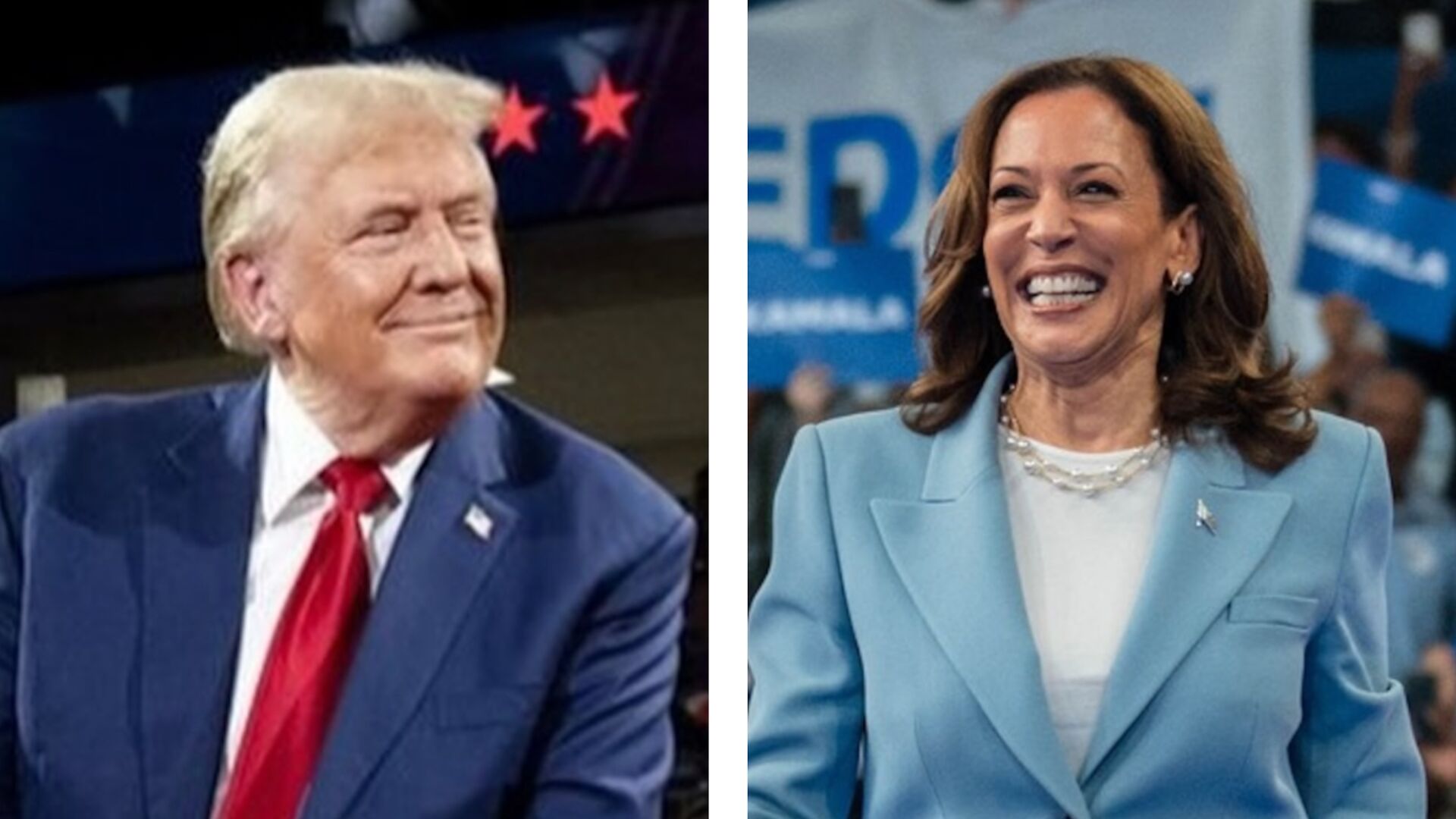
A new poll from Marquette Law School reveals a significant surge in voter enthusiasm in Wisconsin as the election nears, with an intriguing shift in support among Independent voters toward Vice President Kamala Harris. Currently, Harris leads former President Donald Trump by four points, capturing over 60% of Independent backing, a remarkable turnaround since their previous preferences.
Both candidates show stable favorability ratings, but many voters perceive Trump as too old and corrupt, while viewing Harris as the more competent leader in healthcare and social issues. Despite overall support for Harris, Trump remains favored on economic and immigration matters.
This October poll could hint at a tight race ahead, especially as it reflects changing sentiments among Independents, typically a swing demographic. As the excitement builds, all eyes are on Wisconsin for the upcoming election.
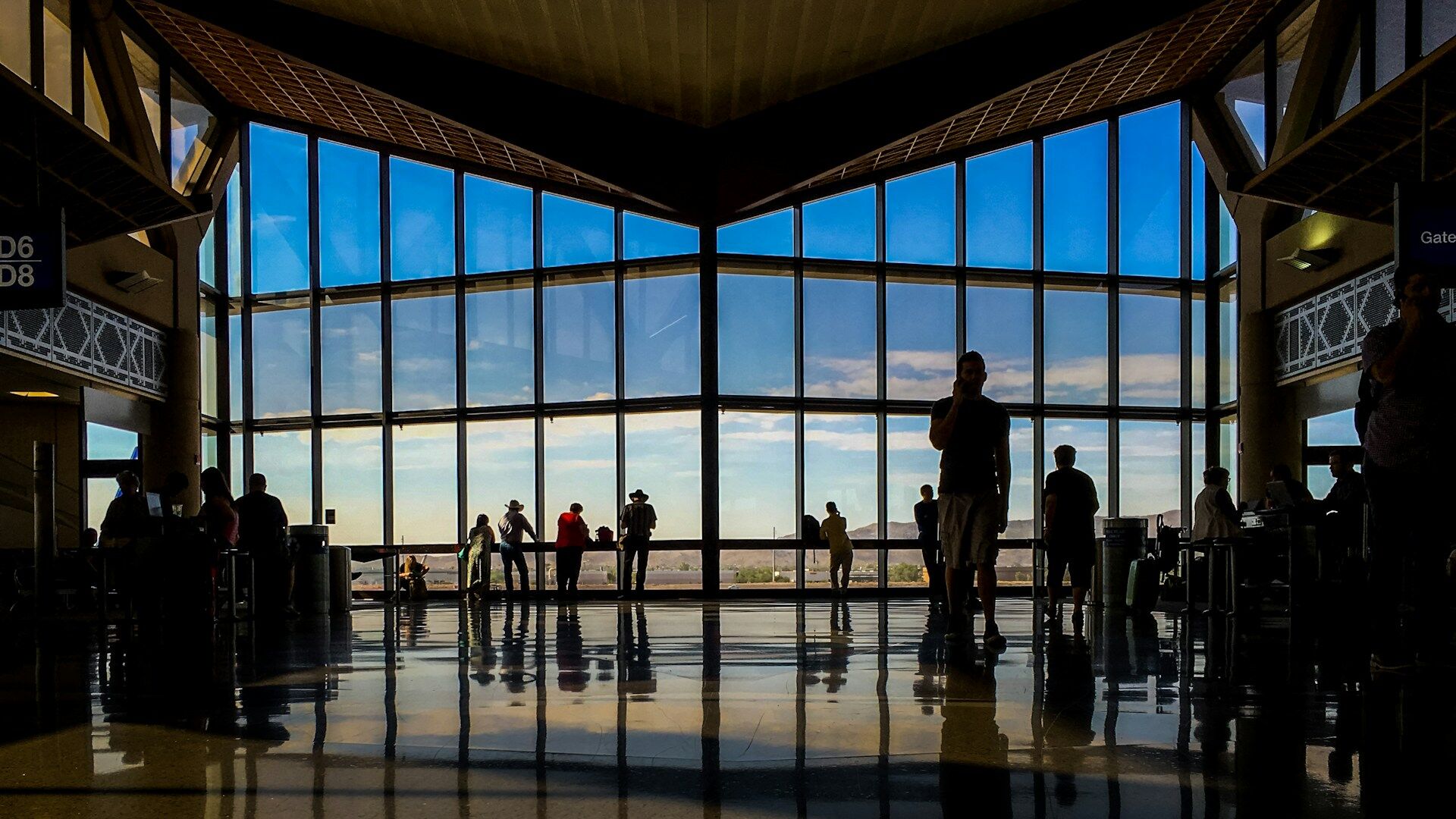
In the battleground state of Arizona, both political parties are fervently courting Indigenous voters ahead of the upcoming election. With Native American voters making up approximately 5% of the state's population, their influence is undeniable, especially after playing a pivotal role in President Biden's narrow victory in 2020.
The Harris-Walz campaign is intensifying outreach efforts, engaging directly with tribal communities and launching the "Native Americans for Harris-Walz" initiative, emphasizing a hopeful future for Arizona. Meanwhile, the Trump campaign is also prioritizing Indigenous issues, focusing on the rising cost of living and community safety, while promising energy independence and support for law enforcement.
High-profile visits from key representatives for both campaigns to tribal leaders demonstrate how crucial this voting bloc will be in determining the election outcome. As both sides host events and tackle pressing issues, Arizona's Indigenous communities find themselves at the heart of a fierce electoral battle.
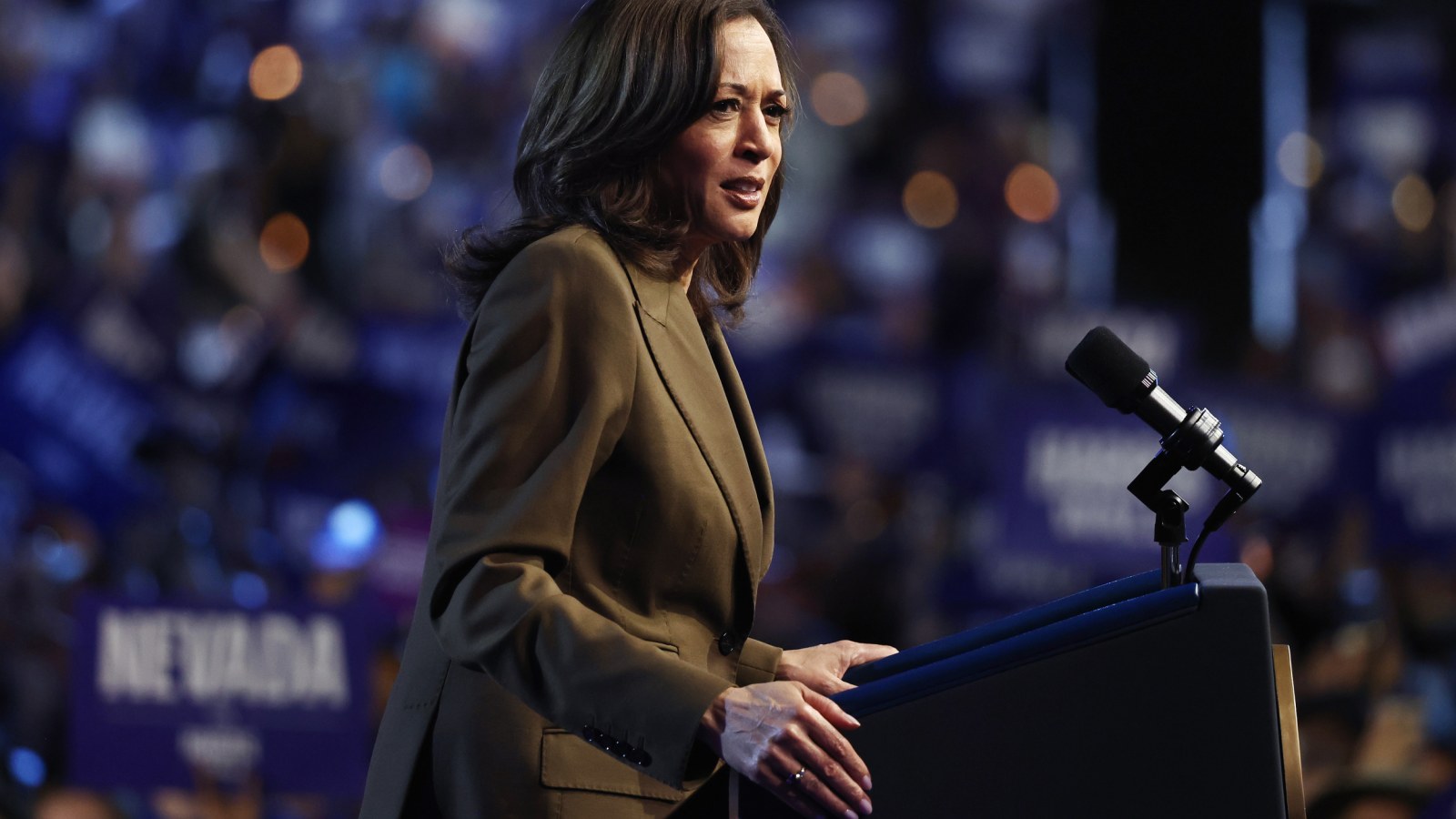
In a recent conversation, Aimee Allison, founder of She The People, urges Vice President Kamala Harris to not underestimate the Latina vote as the November elections approach. Highlighting key concerns from a recent poll, Allison emphasizes that Latina women are particularly focused on issues such as immigration, economic stability, and gun violence.
With many undecided voters, Allison believes Harris must authentically engage with her identity and articulate her stances on pressing issues like reproductive rights to resonate with Latina and Asian American communities. As Harris seeks to make history as the first female president, Allison stresses that understanding the diverse perspectives within women of color is crucial for rallying support.
Ultimately, Harris's effectiveness in connecting with these voters could determine her success in the upcoming election.
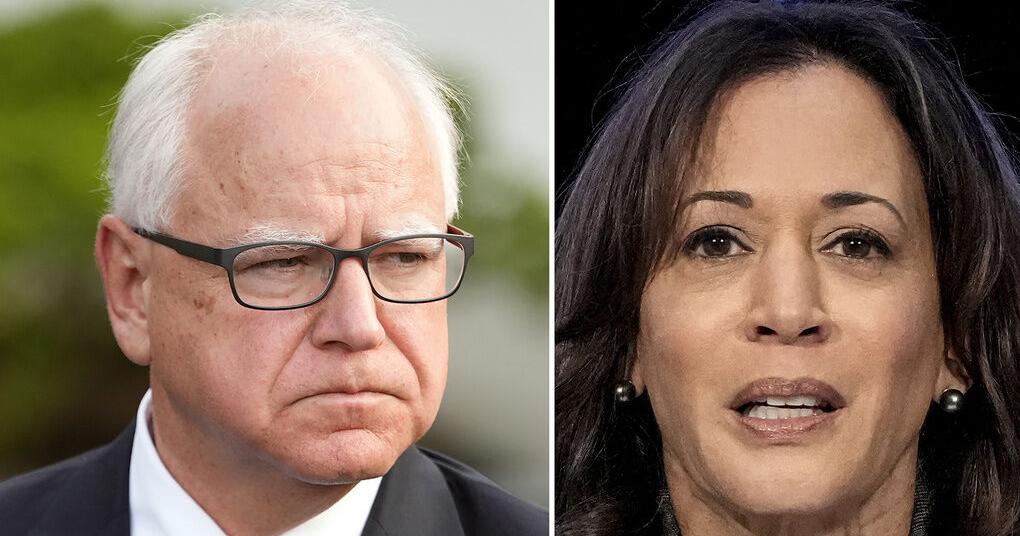
Some Michigan Democrats are feeling uneasy about Vice President Kamala Harris's presidential campaign as the state becomes a pivotal battleground for the upcoming election. Haunted by the close-call losses of the past, key party figures express concern that Harris may not resonate strongly enough with voters.
Despite a robust advertising strategy and campaign presence, many constituents remain uncertain about her policies and connection to their communities. Concerns persist about her image, especially in light of recent controversies, particularly regarding the Biden administration's stance on Israel, which has raised tensions within the state's Arab American community.
As the campaign ramps up, the challenge is clear: Michigan Democrats must galvanize voter support and avoid repeating the mistakes that contributed to Hillary Clinton’s surprising defeat in 2016. With Trump intensifying his outreach across the state, Harris's approval ratings appear precariously low, making every campaign effort crucial.
